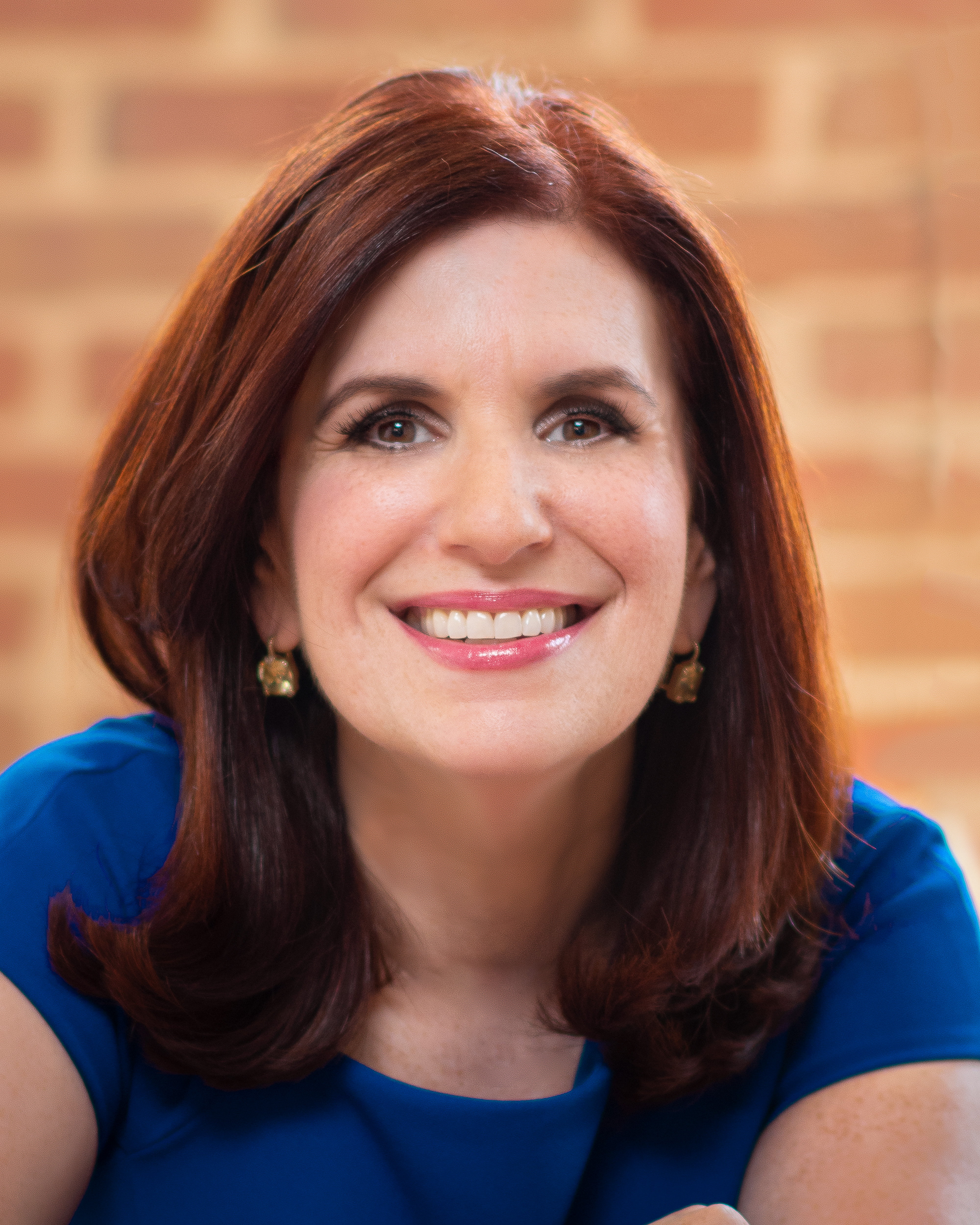Most of us are taught at a young age that honesty is the best policy. Perhaps that’s why it is ironic that people who would never stretch the truth to get out of a speeding ticket or consider fudging their taxes will lie like crazy when it comes to themselves. You know what I mean. To think that your job will miraculously improve, even though the culture isn’t great, or that your health is perfectly fine, even if you are out of breath walking around the block.
“Sometimes people think they are being honest but don’t know themselves well enough to really get it,” said Kenneth Carter, PhD, ABPP, Professor of Psychology at Oxford College, Emory University. “Unfortunately, even unintentional dishonesty about your desires and interactions with other people can lead to lots of problems. Having the courage to be honest with yourself by asking really big questions or thinking about your goals can help propel you out of that stuck place.”
That proved to be the case for Marie Incontrera. Some kids idolized the Backstreet Boys or Justin Bieber. For Incontrera, it was Ludwig Van Beethoven. The aspiring musician became a pianist and received a college degree in classical composition. After school, she started apprenticing with an opera composer and jazz musician who became her mentor. He was terminally ill and spent his life paying reverence to burning yourself out for your art. After he passed away, Incontrera ended up starting her own jazz band that quickly made a name for themselves in the Manhattan jazz scene. But Incontrera worked constantly and struggled financially, taking odd jobs in order to keep playing at night. Scraping by in one of the most expensive cities in the world, she started doing virtual assistant and social media work on side. Every extra penny went to help pay for her band to play one night at Carnegie Hall in June 2017.
“We had a great concert and it was one of the best nights of my life,” said Incontrera. “But it cost $40,000 to rent the space and pay everyone. Afterwards, I didn’t get out of bed for a week and knew something was wrong. I was completely exhausted from the excitement and fear of preparing for that concert and then finding there was literally nothing else on the other side.”
She decided to take some time off. Two weeks off turned into two months, which then became six months. Incontrera wasn’t ready to go back to her music. Instead, she tried new things. Like roller derby and comedy. Her social media consultancy took off and she was happier. Embracing self-honesty, Marie realized she was tired of always putting something else before herself as a struggling artist. She also took responsibility for making her life harder than it needed to be.
Today Incontrera has a better, more fulfilling life. She only takes music gigs with people or art she really likes. She has built deeper relationships with others and is now engaged to be married. Fitness is a top priority. Her consulting work helps clients share their positive messages with TEDx talks and articles that can reach millions of people; she has even delivered two TEDx presentations herself.
Journaling, therapy and professional coaching can all help you gain more self-honesty. Carter also offers these three additional tips:
Seek the truth. “There are certain people around you that are going to be your advocates, who will be completely honest with you no matter what,” said Carter. “Actively seek that truth from them in a non-defensive way and be open to what you hear.”
Take an accurate self-inventory. Sometimes your self-view is trapped in the past, stuck trying to solve old problems that may have been resolved 10 or 15 years ago. Think about how your current friends, co-workers and others would describe you today. Compare that to your current perceptions of who you are, whether it is in your career, relationships, health and wellness, financial well-being or any area of life. “People always say to play to your strengths but it’s hard to do so if you don’t know what they are,” said Carter, who recommends completing a professional strength assessment online. “Trying to find out what you’re really good at and maximize those things is an easier lift than minimizing what we are terrible at.”
Be open to the positive. Assume that seeing your truth means you will be confronted with negative findings? Sometimes that is the case, but it is equally important to be open positive realizations too. Looking inside may help you realize how resilient, resourceful, loyal, clever or generally amazing you actually are after choosing to ignore those traits for years. Complete self-honesty involves appreciating and recognizing those factors as important parts of your whole self.
“Self-honesty is an area we can all improve,” noted Carter. “Like everything, it happens over time rather than changing overnight. Be patient with yourself.”
How have you become more honest with yourself?


